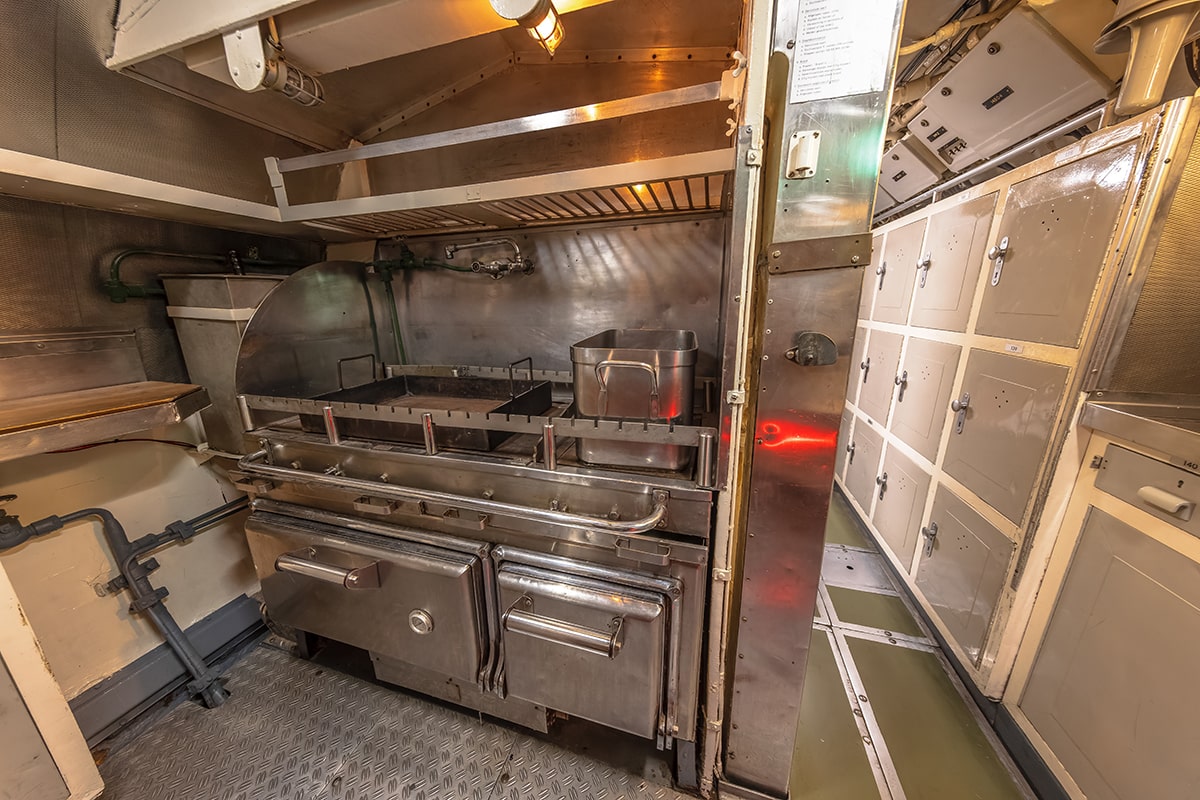
TU Delft has conducted research into the use of a food waste grinder. This shows that such a device in the kitchen can make an important contribution to improving the organic waste collection system. However, the discharge of finely ground vegetable remains into the sewer is not permitted in the Netherlands, but the sale and use is!
The food waste disposer has been around for more than 70 years and is mounted in the kitchen under the sink. The device grinds all wet vegetable and food waste fractions, even small bones and corn cobs. Approximately 265,000 of these grinders have been sold in the Netherlands and the numbers are still increasing daily.
The device is used with great success in more than 110 million households worldwide.
TU Delft points out in the study that sewage treatment plants now obtain 35% of their energy from biogas. This yield would increase by adding ground vegetable remains to the sewage sludge. It would also mean the end of stench and unhygienic conditions caused by wet vegetable waste in the bio bin, while the quality of the collected organic waste would increase!
The researchers call on politicians to lift the ban on discharging crushed vegetable remains into the sewer. This ban was imposed in the 1990s by then environment minister De Boer. Most municipalities are still obliged to collect organic waste separately. The current State Secretary for the Environment recently received advice from the Waste Consultation Body to abandon this obligation.
To improve the quality of organic waste and produce compost more efficiently, municipalities must be given the freedom to decide for themselves whether to separate organic waste. There is then no longer any reason to ban the discharge of ground food remains any longer, the scientists say.
We advise municipalities throughout Europe without obligation.
TU Delft, 13/09/04
Copyright ©2023 The Green Machine
